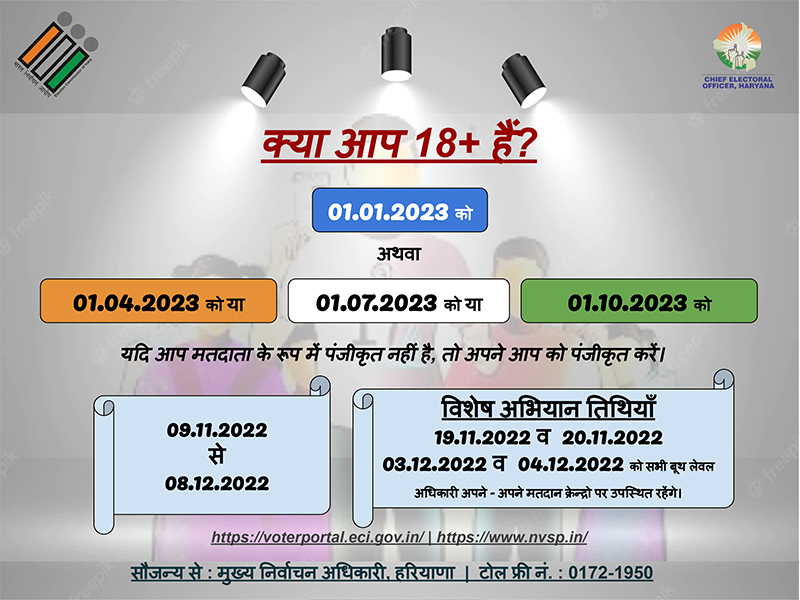Moot Court Committee
Inception: 2017
Location: G-Block, Manav Rachna University
Purpose of establishment
It is a student run initiative under the guidance of a faculty in-charge, which seeks to train students in the art of mooting. The purpose of the committee is to facilitate, regulate and foster the mooting and allied activities of the College in a just and fair manner so as to harbour an interest for research.
Functions
The following are the functions of the committee:
- To organize and conduct moot court and other competitions in School of Law, open to the students of other institutions.
- To conduct and organize Internal Moot Court Competitions within MRU.
- To formulate rules for the selection and participation by teams in external Moot Court and other competitions including but not limited to moots, trial advocacy, case presentations, client counseling, debate etc.
- To finalize and authorize the teams for participation in external competitions as stated above.
- To conduct in-house competitions to select teams for participation in external events.
- To organize moot court and other relevant workshops for capacity building of the students.
COMPOSITION
Faculty Coordinators –
- Chaitali Wadhwa (chaitali@mru.edu.in)
- Mr Bharatendu Agarwal (bharatendu@mru.edu.in)
|
STUDENT BODY |
||||
|
Name |
Batch |
Contact details |
Position |
|
|
1 |
Bhavya |
2K20 |
9643103618 |
Convenor |
|
2 |
Vanita |
LLB 2K23 |
7290840947 |
Co-Convenor |
|
3 |
Ritik Arora |
2K21 |
8851576877 |
Member |
|
4 |
Amisha Chauhan |
2K22 |
9971117312 |
Member |
|
5 |
Pratham Singh Chauhan |
2K22 |
7289973992 |
Member |
|
6 |
Prisha |
2K22 |
9315987783 |
Member |
|
7 |
Sakshi Saini |
2K22 |
9311653988 |
Member |
|
8 |
Sania |
2K22 |
9896386697 |
Member |
|
9 |
Yeshika Sharma |
2K22 |
9319950456 |
Member |
|
10 |
Arshdeep |
LLB 2K23 |
9910033798 |
Member |
Events Organised National Competitions
|
ACAD. SESSION |
Title |
Guests |
Year |
Date |
|
2021-2022 |
Manav Rachna Law & Technology National Moot Court Competition |
Judges: |
2022 |
28 – 29 April |
|
2020-2021 |
Legal Vignette – the Online Case Presentation Competition |
Judges: |
2021 |
26 – 28 February |
|
Intra Moots Competitions |
||||
|
2023-2024 |
4th Intra Moot Court Competition |
Judges: Faculty members |
2023 |
19-Aug |
|
2021-2022 |
3rd Intra Moot Court Competition |
Judges: Faculty members |
2022 |
15 – 16 April |
|
2021-2022 |
Legal Vignette – the Online Case Presentation Competition |
Judges: Faculty members |
2021 |
23 November 2023 |
|
2019-2020 |
2nd Intra Moot Court Competition |
Judges: Faculty members |
2020 |
4 – 5 March |
|
2017-2018 |
1st Intra Moot Court Competition |
Judges: Faculty members |
2018 |
29 – 31 March |
|
Workshops |
||||
|
2023-2024 |
Legal Rush 4.0 – Moot court training for Pre-law students |
Speaker: Mr Bharatendu Agarwal & Ms Chaitali Wadhwa |
2024 |
3 January & |
|
2022-2023 |
Legal Rush 3.0 – Moot court training for Pre-law students |
Speaker: Ms Chaitali Wadhwa & Dr Shaharyar Asaf Khan |
2023 |
2 January & |
|
2021-2022 |
Moot Court Training Workshop |
Speaker: Ms Khyati Goel |
2022 |
21 April 2022 |
|
2021-2022 |
Legal Rush 2.0 – Moot court training for Pre-law students |
Speaker: Ms Chaitali Wadhwa |
2022 |
01 January 2022 |
|
2020-2021 |
Legal Rush – Moot court training for Pre-law students |
Speaker: Ms Chaitali Wadhwa |
2021 |
9 and 26 June 2021 |
|
2021-2022 |
Orientation session – 1st year batch 2021 |
Speaker: Ms Chaitali Wadhwa |
2021 |
15 September 2021 |
|
2019-2020 |
Training workshop |
Speaker: Mr Tariq Khan |
2020 |
2 March 2020 |
|
2017-2018 |
Training workshop |
Speaker: Ms Neeti Shikha |
2017 |
4 September 2017 |


